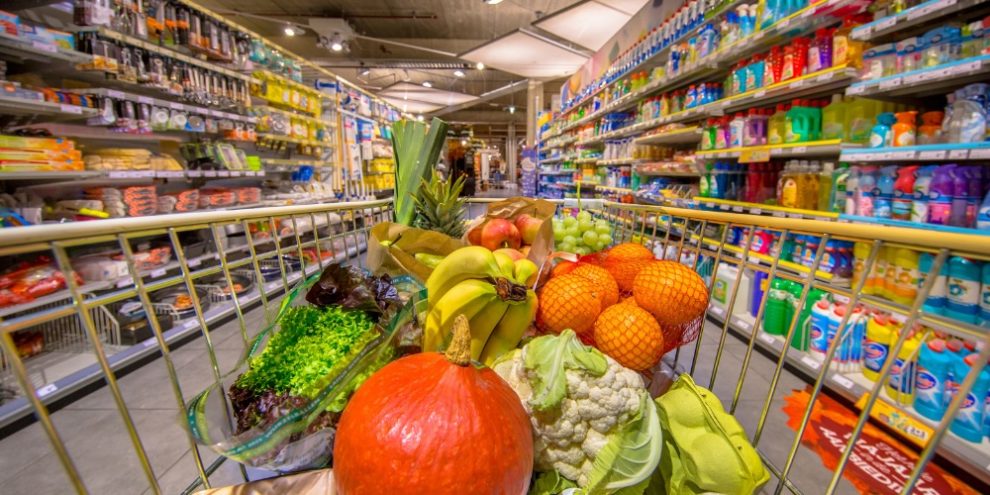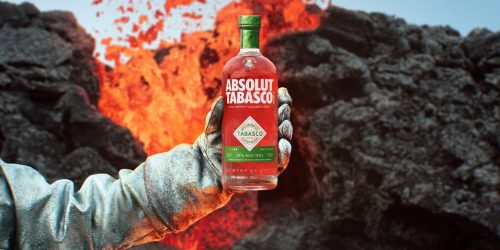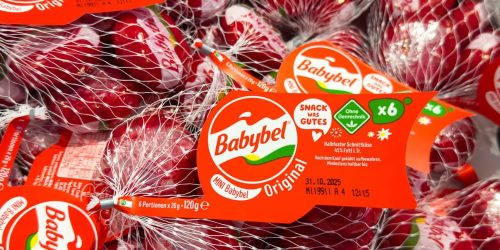Beware of These Grocery Store Staples for E. Coli Risks, Says Food Safety Expert

If you’ve ever been cautious about food-borne illnesses, you’re not alone. With a recent outbreak of E. coli in the U.S. linked to McDonald’s Quarter Pounders, food safety experts are highlighting some common grocery items that pose a higher risk of bacterial contamination. Here’s what to know and what to avoid.
The Hidden Dangers of Pre-Washed Greens
Bagged, pre-washed greens are a major culprit when it comes to food-borne bacteria. Though convenient, these salads and vegetables can serve as breeding grounds for harmful bacteria like E. coli and listeria. Experts suggest opting for whole, unwashed produce instead. Buying an entire head of lettuce and washing it yourself may be more work, but it’s a safer choice—just rinse thoroughly under cold water and pat dry with paper towels.
Cantaloupe: A Surprising Risk
Cantaloupe might look innocent, but it’s among the riskiest produce items. Thanks to its webbed rind, which can trap bacteria, cantaloupe is prone to contamination. With a pH level that fosters bacterial growth, this melon can become a health hazard if not handled correctly. Experts recommend washing the outer rind before slicing it, even if you won’t be eating the peel.
Most Fruit Isn’t as Safe as It Seems
Fruit may seem low-risk, but experts advise caution, especially with items that have been left out for extended periods. Bacteria thrive on moist, room-temperature surfaces, making fruit that’s been handled and left unrefrigerated a potential risk. So, whether it’s an apple, a pear, or a bowl of pre-sliced melon, try to buy fresh, refrigerate when possible, and wash before consuming.
Watch for Symptoms
Common symptoms of food poisoning include nausea, vomiting, fever, abdominal pain, and diarrhea. If you think you may have contracted an infection, don’t hesitate to seek medical attention.
Beat FOMO by being in the know!
Sign up for our newsletter today and never miss a beat.







